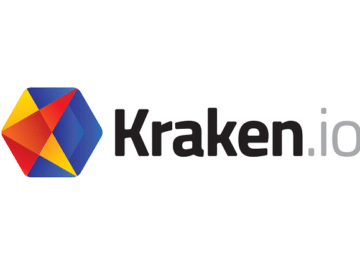What is Web Hosting?
Web hosting is a service that allows individuals or organizations to make their website accessible on the internet. When you create a website, you need a place to store your files, images, videos, and other content so that it can be accessed by people who want to visit your site. A web hosting company provides the storage space, servers, and technologies necessary to make your website available online.
When you sign up for web hosting, you typically rent space on a server where your website files can be stored. This server is connected to the internet and is accessible to anyone who has an internet connection. The web hosting company will also provide other services such as email hosting, website backup and security, and technical support.
There are different types of web hosting available, including shared hosting, virtual private servers (VPS), dedicated hosting, and cloud hosting. The type of hosting you choose will depend on your website’s needs, the amount of traffic you expect, and your budget.
Why is Selecting a High-Quality Webhosting Solution Important?
Selecting a high-quality web hosting solution is important for several reasons:
- Reliability: A high-quality web hosting solution will have reliable servers that are up and running all the time. This ensures that your website is always accessible to your visitors, and you don’t lose potential customers due to downtime.
- Speed: A fast loading website is critical for a positive user experience. A high-quality web hosting solution will have servers that are optimized for speed, so your website loads quickly and efficiently.
- Security: A high-quality web hosting solution will have robust security measures in place to protect your website from hackers, malware, and other security threats. This ensures that your website and data are safe and secure.
- Support: A high-quality web hosting solution will provide excellent customer support to help you with any technical issues you may encounter. This can save you time and frustration, allowing you to focus on growing your website.
- Scalability: A high-quality web hosting solution will have the ability to scale up or down as your website grows or your needs change. This ensures that your website can handle increased traffic and activity without slowing down or crashing.
Selecting a high-quality web hosting solution is crucial for the success of your website. It ensures that your website is reliable, fast, secure, and scalable, providing a positive user experience for your visitors and helping you achieve your business goals.
How are Webhosts and Domain Registrars Related?
Web hosts and domain registrars are related because they both play a crucial role in making a website accessible on the internet. However, they are two different services that perform different functions.
A web host provides the server space, technology, and tools needed to store and publish website files on the internet. In other words, it’s the service that allows your website to be online and accessible to the public.
On the other hand, a domain registrar is a company that allows you to register and purchase a domain name for your website. A domain name is the unique address that people use to access your website, such as www.example.com.
When you purchase a domain name from a domain registrar, you can link it to your web host. This allows your website to be accessed by typing the domain name into a web browser. To do this, you need to update the domain name’s DNS (Domain Name System) settings to point to the IP address of your web hosting account.
Web hosts and domain registrars work together to make a website accessible on the internet. The domain registrar provides the domain name, and the web host provides the server space and technology needed to host the website files.





